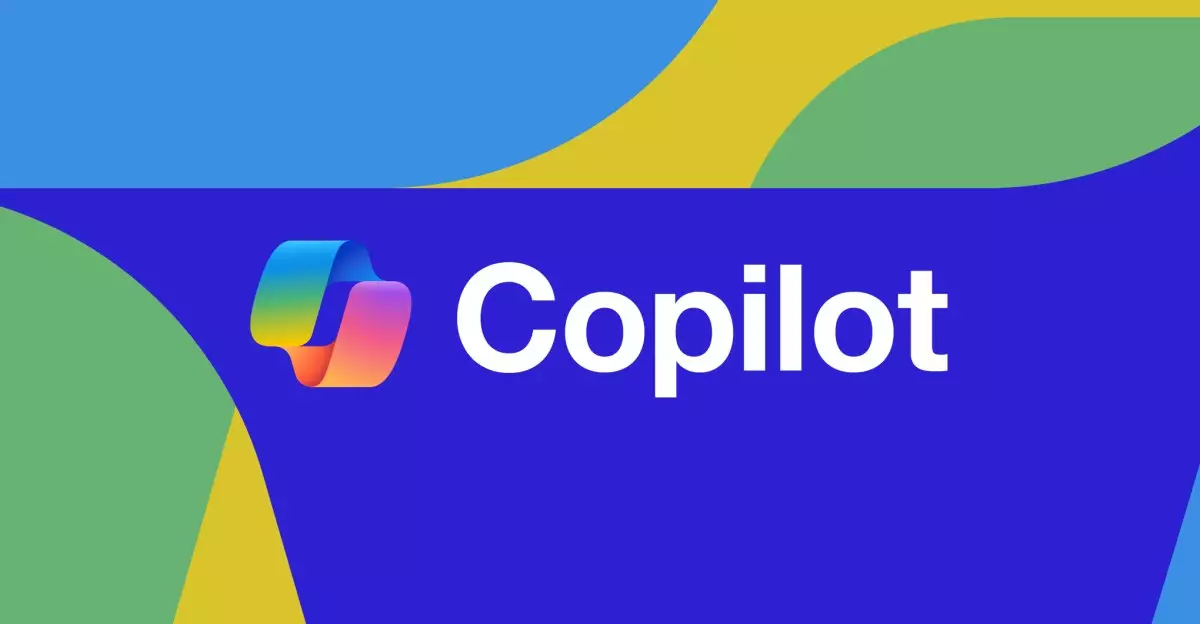Artificial Intelligence is no longer a novelty; it’s quickly morphing into an essential component of our digital lives. Among the frontrunners in this evolution is Microsoft’s Copilot, the company’s AI assistant that is undergoing impressive enhancements to cater to modern user needs. As Microsoft celebrates its 50th anniversary, the introduction of multiple new features aims to elevate Copilot to a level of personalization and effectiveness that rivals existing giants such as ChatGPT and Claude.
With Copilot’s update, Microsoft is not just adding features; it’s transforming the way users interact with technology. The assistant’s new capabilities include memory retention, personalization, web actions, and even podcast creation, marking a drastic shift from conventional digital assistants to a more tailored, responsive partner in productivity.
The Eye of the User: Memory and Personalization
One of the most compelling additions to Copilot is its memory feature. For the first time, users can expect the AI to track preferences, interests, and even personal details such as birthdays. This development goes beyond typical AI engagement; it lays the foundation for a more personalized relationship between technology and its user. The users’ ability to control what Copilot remembers—whether opting in or out of this feature—further enhances this sense of ownership and security.
Mustafa Suleyman, the CEO of Microsoft AI, emphasizes that “Copilot is more than an AI; it’s yours.” Such statements reflect a paradigm shift in the user experience—Copilot seeks to create a unique and individual digital environment that resonates with each user. Imagine a digital assistant not just offering generic responses but executing tasks in a style that reflects your preferences; this is the achievable future that Copilot is targeting.
Pushing Boundaries: Enhanced Actions and Research Capabilities
In terms of functionality, Copilot is equipped with an Actions feature that empowers it to navigate the web to perform tasks, akin to the user-centric models offered by OpenAI and Amazon. The ability to book tickets, reserve tables, and make purchases simplifies previously time-consuming tasks. This seamless integration of shopping functionalities allows Copilot to hunt for discounts and deals, thereby saving users not just time, but money.
Moreover, the recently launched Copilot Vision expands the AI’s capabilities to visualize information across various platforms. Whether it’s providing insights on a Windows desktop or interpreting the scene through a smartphone camera, this feature introduces new paradigms in AI interaction. This capability could revolutionize how users manage their daily tasks and data, offering real-time solutions to on-the-ground problems, significantly affecting productivity levels.
Unleashing Deep Knowledge: Research and Podcast Production
Copilot’s new Deep Research capability represents a significant leap in how information is processed and synthesized. The AI can now analyze substantial quantities of documents or sources for complex projects in a way that mimics human judgment. As it syncs its research efficiency with Bing, users can expect more nuanced and relevant search results that can save hours of manual effort.
Even more intriguing is Copilot’s ability to generate audio content in a podcast format, breaking down complicated topics into comprehensible segments. This feature is a game-changer for professionals who frequently need to disseminate information, whether for educational purposes or corporate training.
The unique Pages feature allows Copilot to collate and organize research notes across multiple documents, creating a streamlined canvas. This integration minimizes chaos—a pet peeve for many who juggle various tasks and sources simultaneously.
The Road Ahead: Continuous Improvement
As Microsoft rolls out these new features, it’s clear that the intention is to place Copilot at the forefront of the AI revolution. The announcement notes that improvements will be ongoing, with users experiencing different features at varying paces, suggesting that Microsoft is committed to long-term development.
Indeed, by integrating continuous learning and adaptability into the fabric of Copilot, Microsoft is sending a clear message: the company not only wants to keep pace with technological advancements but intends to lead the charge. This approach will likely redefine user expectations and set higher standards for what digital assistants can achieve in the realms of productivity and personalization.

